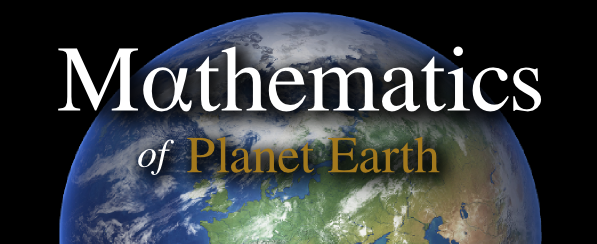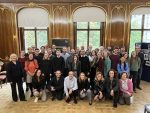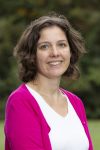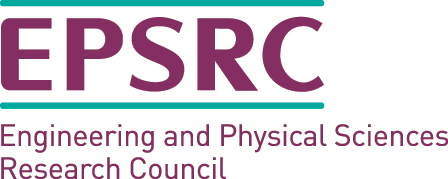The 2016 Centre for Doctoral Training Festival of Science was held at Imperial College London on the 15th of April. “Science & ScienceFiction”was proved to be an inspiring theme for speakers both from academia and industry. The interplay between real science and its fictional counterpart was highlighted in several captivating activities including a virtual reality experience with Titans of Space Google’s Cardboard, manipulating an object in 3D through the Emotiv Epoc EEG or exploring the RadialG
universe. The speakers addressed challenging issues from a wide range of topics: scifi books, the impact of science on Hollywood movies and viceversa, gene editing, CGI in Star Wars, virtual reality, artificial intelligence, Harry Potter from a scientific point of view, etc.
Ra Page the founder and editor of Comma Press, with a particular interest in short fiction
– delighted the audience with a retrospective insight of science into fiction: Science vs. Fiction: Dawn of Justice. While highlighting the historical “battle” between J. Verne and H. G. Wells in scifi writing, he also provided the public with an inside perspective on the difference between complicated narrative and complex narrative and the importance of a 3act structure. At a societal level it seems that, if for a period of time the focus was taken from academia and put on the commercial aspect, we might again enter a new “vernian” era, with an increasing focus on real scientific research.
Dr Sarah Chan (Beyond the Brave New World: Fears, fantasies and facts about gene editing)
talked about science fiction and bioethics in the particular case of gene editing. She presented pro’s and con’s on the modification of human genome in the future and tried to demystify some of the common prejudgements in this area. While the fact that the science fiction of today may become the real science of tomorrow is generally regarded as a positive thing, some controversial questions still require an answer: How much should we push the limits? Do future generations have the right to an unmodified genome or would they be privileged to benefit from an improved DNA? Dr Chan concluded that there are no principled reasons against gene editing. The natural query is now: Is the conversion of this scientific potential into reality really a good idea?
Offering some Hollywood glamour was speaker Mike Mulholland with fascinating insight into the intricate, exact and yet creative process behind the visual effects on Star wars films: The VFX of Star Wars: The Force Awakens. We learn for example how every last detail is taken into account as the CGI version of the BB8 Star wars robot is made to run (or roll) across a desert scene towards an exploding spaceship, including the trail he would leave and even the cloud of sand that he would raise in his wake. CGI serves to bring unlikely scenes and characters to life, bringing the directors vision to our screens!
The talk on Harry Potter (The Science of Harry Potter: How Magic Really Works) offered a more scientific approach on the charming world of magic. Roger Highfield gave a brief overview of some of the exciting concepts in his book covering the links between magic and science. He gave suggestions for how “muggles” could achieve the same effects as magicians, for example projecting onto a fog screen to create the effect of walking through the platform wall, or investigating the colourchanging camouflage of fish or making light waves flow around and object in order to produce the effect of an invisibility cloak. Is
science closer to catching up with magic than we think?


The opening and closing statements were delivered by the MPE CDT students and event co-organisers: Thomas Leahy and Zoe Goss.
Reported by: Oana Lang, Zoe Goss and Lea Oljaca






